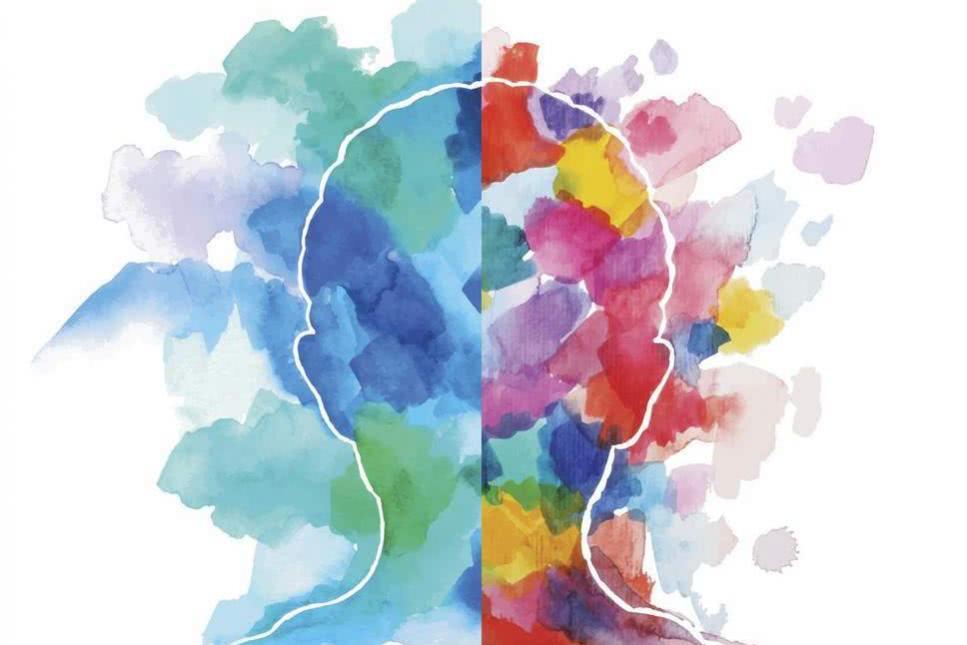Cognitive Behavioural Coaching (CBC) is a form of coaching that focuses on helping individuals identify and change negative thought patterns and behaviours that may be hindering their personal and professional growth. This approach combines the principles of cognitive behavioural therapy (CBT) with coaching techniques to facilitate positive change.
The main objective of CBC is to help individuals gain self-awareness and develop new strategies to overcome challenges in their lives. The coach works with the client to identify negative thought patterns and behaviours that may be contributing to their problems. Through a process of self-reflection and guided inquiry, the coach helps the client develop new, more positive ways of thinking and acting.
One of the key principles of CBC is that thoughts, emotions, and behaviours are interconnected. Negative thoughts can lead to negative emotions, which can in turn lead to negative behaviours. By targeting negative thought patterns, CBC can help individuals break the cycle of negative behaviour and improve their overall well-being.
Cognitive behavioural advances into coaching are presently well stabilised and it is one of the most studied, powerful and widely used forms of personal coaching. It is now widely understood that cognitive behavioural therapy not only serves ‘best’ in the treatment rooms but it is further ‘expert practice’ in business coaching services.
- CBC helps people to achieve their potential and reach their goals.
- CBC challenges debilitating ideas, improves motivation, self-value and problem-solving skills.
- CBC is goal orientated and intends to develop new ideas and responses that become internalised as new healthy routines.
- CBC matches the needs of a broad spectrum of clients.
- CBC enables the patients to achieve independence from their mentor by teaching them to ‘coach themselves’.
- CBC applies the techniques in non-therapeutic way to the problems of everyday life facilitating rapid and efficient outcomes.
Recovery coaching tool works on the basis of encouraging people to:
- Create knowledge of their distorted thoughts or “cognitive distortions“.
- Track” when these issues as they happen, and connect in a healthier and more realistic way to new behaviours.
Cognitive behavioural coaching is particularly useful when applied to the resolution of traumatic experiences and the challenging of perceptions and destructive belief scenarios. Often this form of coaching is applied through talk therapy in dealing with a broad range of dysfunctional relationship issues such as codependency, substance or drug addictions and related behaviour issues.
Cognitive behavioural coaching (CBC) is a professional and individual coaching method employed to empower those individuals restrained by emotional or psychological obstacles to attaining their life goals. It was originated from two primary routines – Cognitive Behavioural Therapy (CBT) and Rational Emotive Behavioural Therapy (REBT).
Cognitive Behavioural Coaching should not be confused with Recovery Coaching that applies far less formal addiction recovery principals to the active practice.
CBC can be applied in a variety of contexts, including personal development, career development, and leadership coaching. In a personal development context, CBC can help individuals overcome challenges related to anxiety, depression, or low self-esteem. In a career development context, CBC can help individuals overcome obstacles related to job performance, communication, or time management. In a leadership coaching context, CBC can help individuals improve their leadership skills, communication, and decision-making.
The CBC process typically involves a series of one-on-one coaching sessions, during which the coach and client work together to identify the client’s goals, strengths, and areas for improvement. The coach helps the client develop a plan of action to achieve their goals, and provides ongoing support and feedback throughout the coaching process.
One of the advantages of CBC is that it is a goal-oriented approach. The focus is on helping the client achieve specific, measurable outcomes, rather than just talking about problems. This can help clients feel more motivated and engaged in the coaching process, and can lead to more meaningful and lasting change.
Another advantage of CBC is that it is a collaborative approach. The coach and client work together as a team, with the coach providing guidance and support, and the client taking an active role in their own development. This can lead to a sense of empowerment and self-efficacy, as clients learn to take control of their own lives and make positive changes.
Cognitive Behavioural Coaching is a powerful approach that can help individuals overcome obstacles and achieve their goals. By targeting negative thought patterns and behaviours, CBC can help individuals break the cycle of negative behaviour and improve their overall well-being. With its goal-oriented and collaborative approach, CBC can help clients achieve meaningful and lasting change in their lives.
The difference between Cognitive Behavioural Coaching (CBC) and Cognitive Behavioural Therapy (CBT)
Cognitive Behavioural Coaching (CBC) and Cognitive Behavioural Therapy (CBT) are both based on the principles that thoughts, emotions, and behaviours are interconnected, and that negative thoughts and behaviours can be changed to improve overall well-being. However, there are some key differences between the two approaches. CBT is a form of psychotherapy that is typically used to treat clinical disorders such as depression and anxiety. It is delivered by a trained therapist and typically involves a structured program of sessions. CBC, on the other hand, is a form of coaching that is focused on personal and professional development. It is delivered by a coach who works collaboratively with the client to identify goals, strengths, and areas for improvement, and develop strategies to achieve those goals. While both approaches use similar techniques to help individuals identify and change negative thought patterns and behaviours, CBT is typically focused on treating clinical disorders, while CBC is focused on personal and professional growth.







